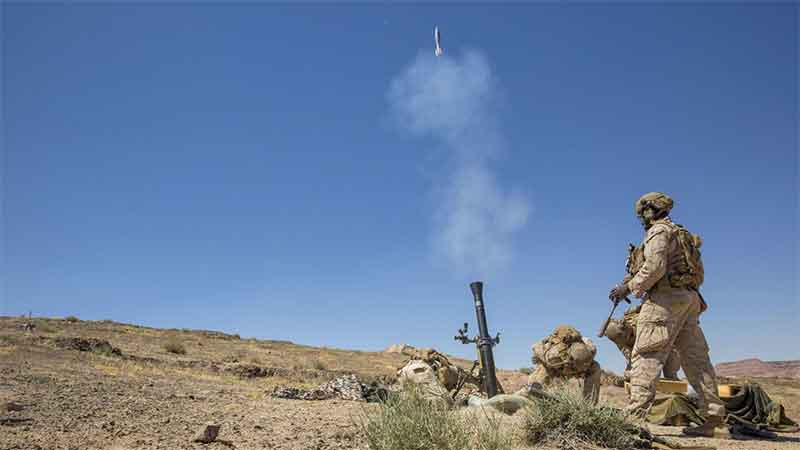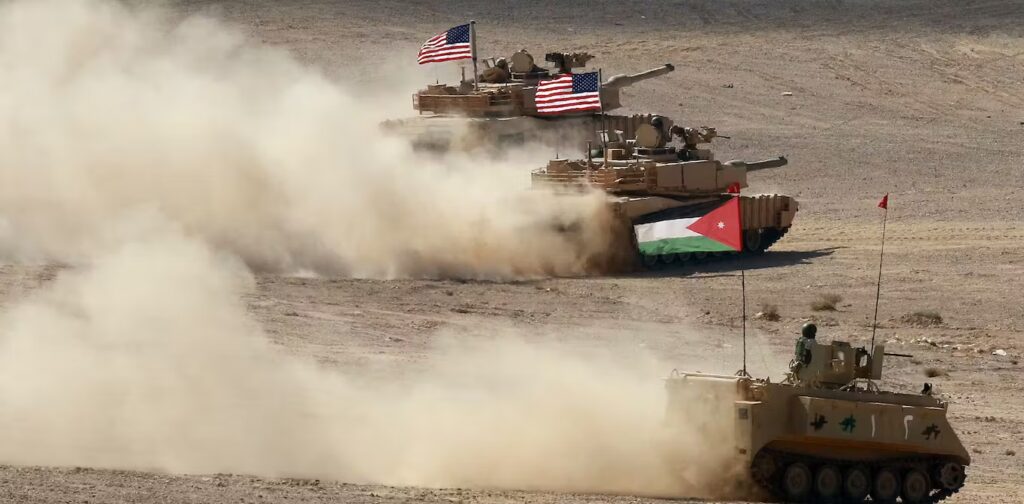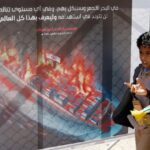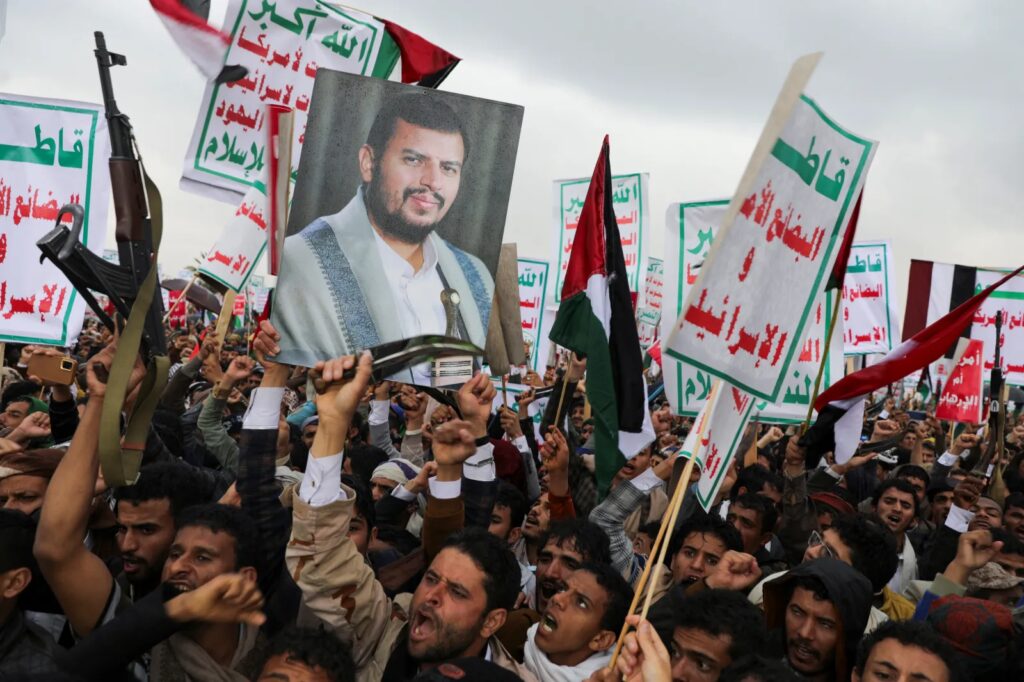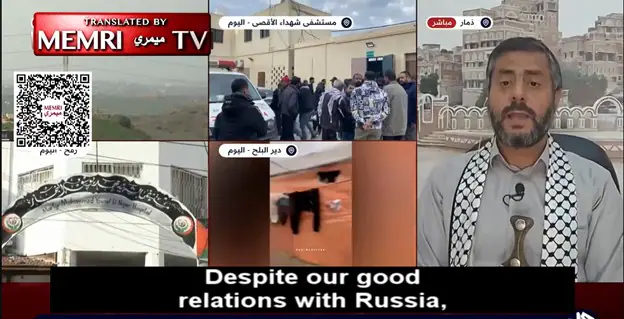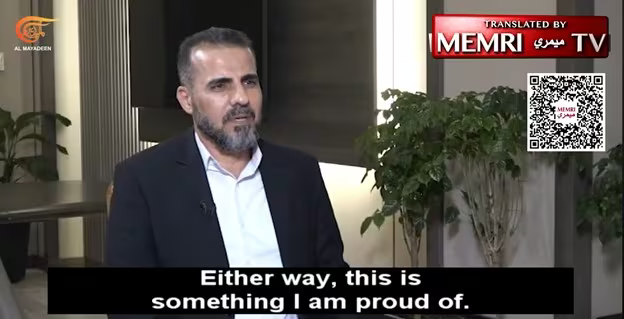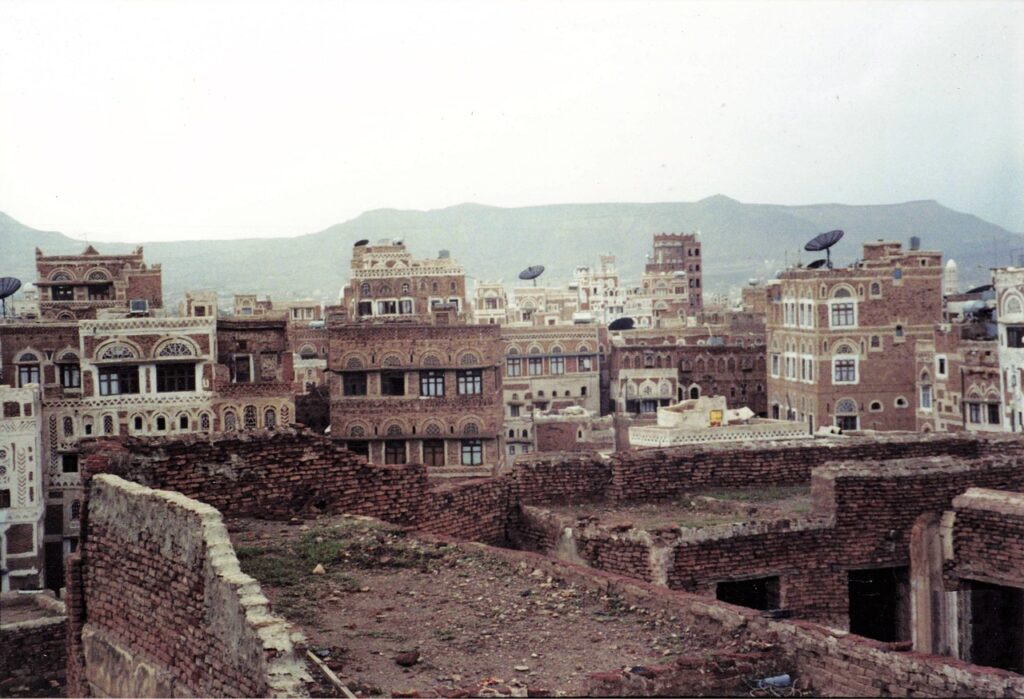On Arab Culture and Its Crucial Characteristics
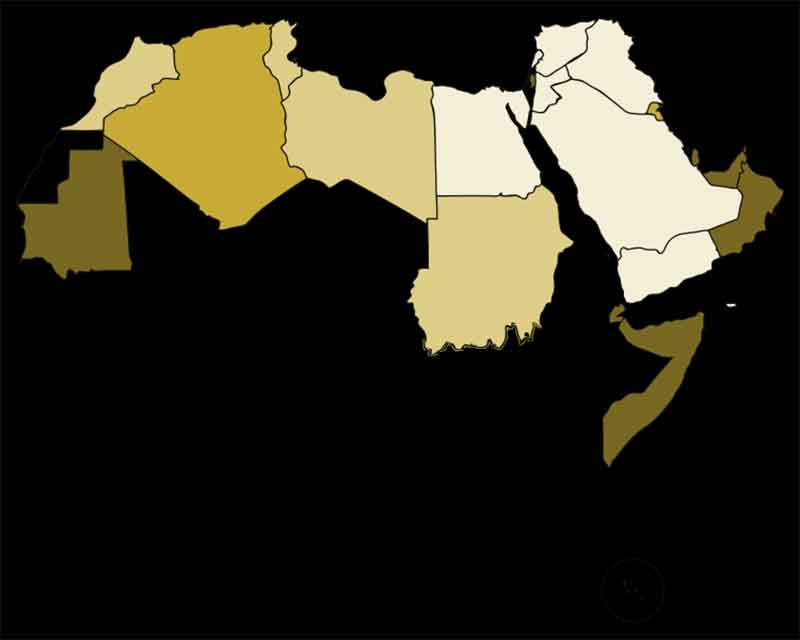
What is Arab?
Understanding Arab culture and the values based on it are the crucial points for the proper understanding of the modern region of MENA (composed of the Middle East and North Africa) and its fundamental features. Nevertheless, it must be noticed that all people in the region of MENA are not Arabs like Turks, Jews, some North African tribes, or Iranians. The Arab League (or the League of Arab States) is composed of 22 Arab countries. Even though Arab states are, in fact, from a very cultural viewpoint considered to be Middle Eastern (in a broader sense), not all of them belong to the Middle East (in a narrow sense), and not all Middle Eastern or MENA countries are Arab.

